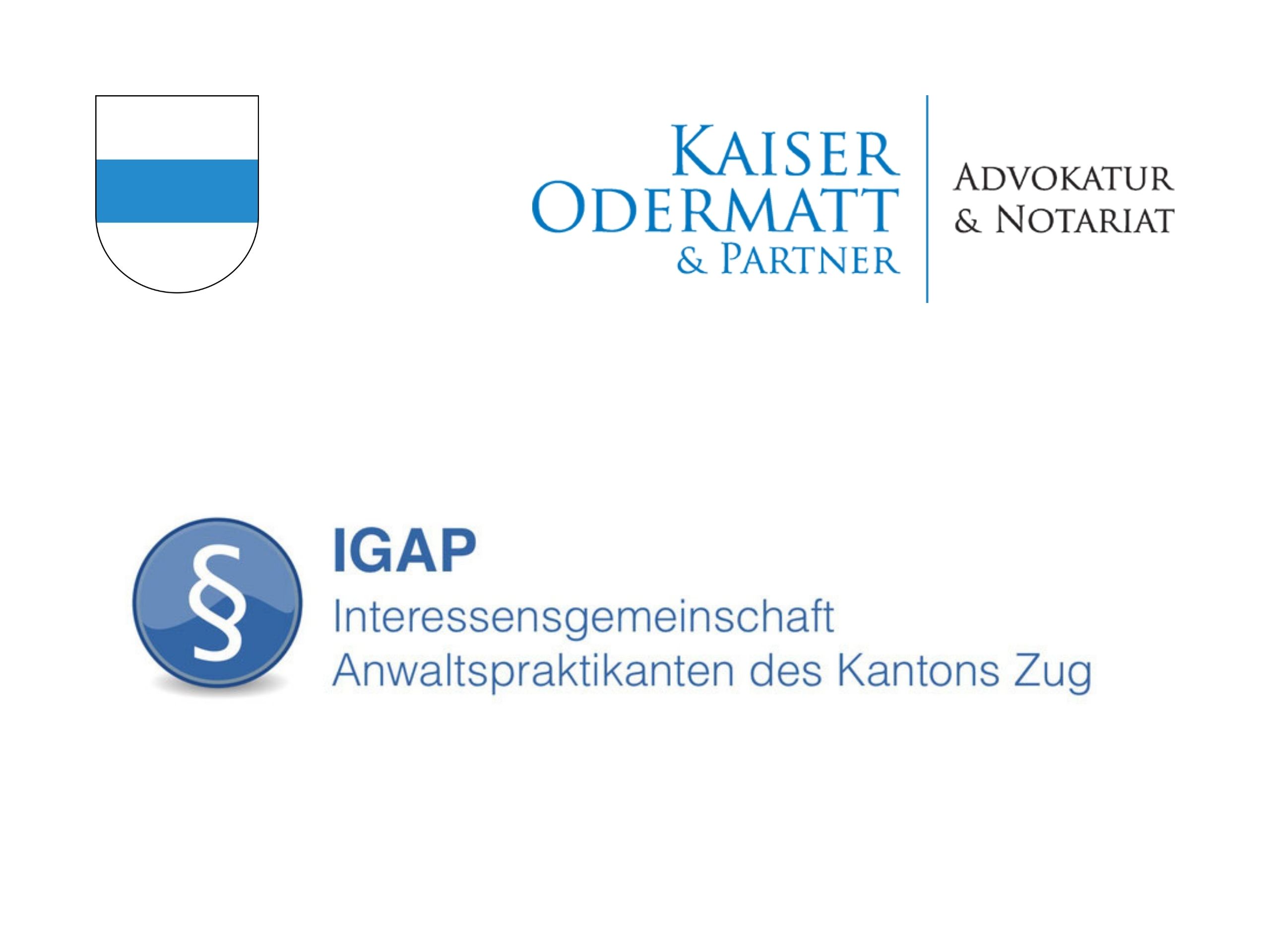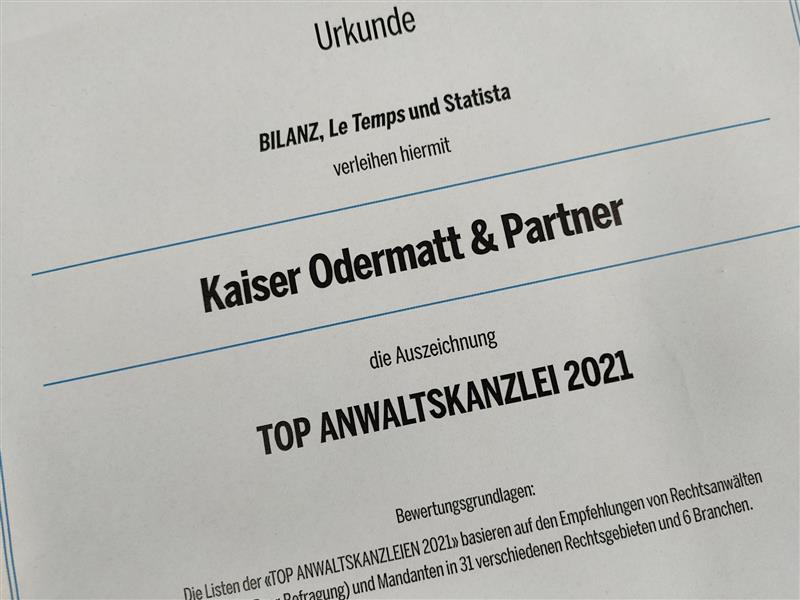On January 1, 2020, the new civil statute of limitations came into force.
The main objective of the revision was to extend the one-year limitation period for claims of unjust enrichment and tort, which is short in comparison to European law. This was implemented as follows:
The relative limitation periods for actions based on tort (Art. 60 Para. 1 OR) and unjust enrichment (Art. 67 Para. 1 OR) are new 3 years.
Numerous other changes to the statute of limitations were implemented with the revision, of which Kaiser Odermatt and Partner would like to emphasize two points. We can also provide you with excellent support on the following points with our specialist knowledge to reach a settlement in disputes over claims and to increase the enforcement substrate in bankruptcy:
1. Art. 141 CO: (Written waiver of the objection to the statute of limitations possible for a maximum of 10 years from the beginning of the statute of limitations)
In order to prevent the impending statute of limitations on a claim, the creditor now also has the option by law to obtain a waiver of the statute of limitations from the debtor for a maximum of ten years, if the debtor agrees to this. As a result, the parties can initially refrain from initiating a debt enforcement process or bringing an action and can hold settlement talks without time pressure.
2. Art. 292 DEBA: (Increase in the statute of limitations to 3 years for actions for avoidance following bankruptcy, an unsuccessful garnishment or a confirmation of a composition agreement with assignment of assets)
In the case of the Paulian avoidance pursuant to Art. 285 et seq. DEBA, the limitation periods pursuant to Art. 292 DEBA have changed. When the interruptible limitation period expires, the right to sue is lost. However, the statute of limitations and the Paulian periods of suspicion (challenging a gift, contesting overindebtedness and contesting intentions) must be kept strictly separate.
Experts





